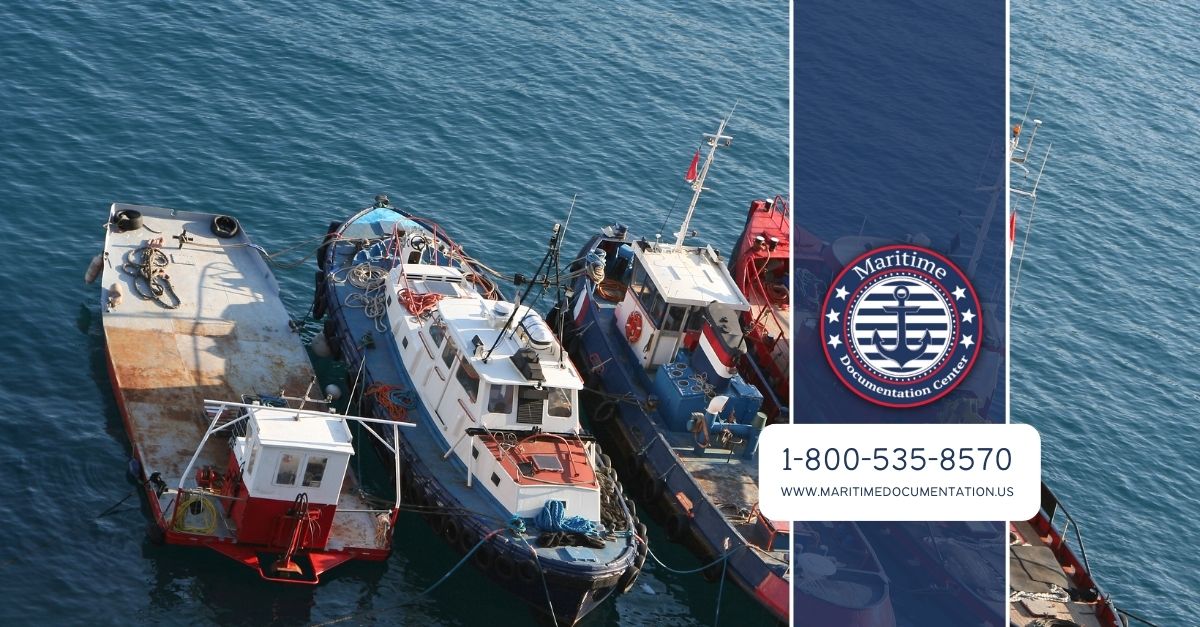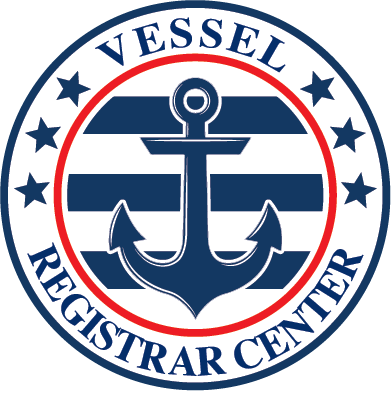If you’re a U.S. citizen and own a boat, there are specific requirements you need to meet to keep your vessel legally afloat. The U.S. Coast Guard is responsible for making sure all owners of boats and ships in our waters comply with the law, so if you’re not familiar with the regulations, it’s essential to educate yourself before hitting the open seas. In this blog post, we’ll outline some of the most critical Coast Guard requirements for boat ownership in the United States, so you can be confident that you’re doing everything necessary to stay on the right side of the law. Here’s a look at what you need to do to meet those requirements and keep your boat on the water.
Check Your Local Laws
Want to go yacht shopping with me? If that’s the case, you should probably find out what regulations the U.S. Coast Guard has for boat owners. If you’re unfamiliar with the Coast Guard, they’re a division of DHS whose primary mission is to protect the safety of all vessels operating in U.S. seas. They accomplish this by enforcing marine search and rescue operations and various federal rules and regulations to keep us safe.
So, how should you interpret this? In other words, before signing on the dotted line for your new sailboat, you should verify that it complies with Coast Guard regulations. Having the proper safety equipment (life jackets, flares, and a sound signaling device) and designating your vessel if it has to be rescued or inspected are examples of what these regulations mean. Certificate of Inspection (COI) exams ensure that your boat is seaworthy and that it has been correctly registered with the Coast Guard.
Make Sure You Have the Proper Documentation
Make sure your boat complies with all Coast Guard regulations first. For the most part, you’ll be filling out two types of paperwork. A Certificate of Documentation and a Documentation Identification Number for a Vessel are required. The former is evidence that your boat is within legal size and age restrictions and may be obtained from the U.S. Coast Guard or the Maritime Documentation Center.
Unless you’ve had any changes made to the boat or if you’ve sold the boat to a new owner, you’ll only need to receive this paperwork once. When applying for the certification, be sure to have all the necessary details available. Your boat’s compliance with Coast Guard regulations may be verified by its Vessel Documentation Identification Number. In the event of an accident at sea, you will not be entitled to benefits like seamen’s compensation or medical care unless you have one of these documents. When applying for a Certificate of Documentation from the Coast Guard, you will also be issued a Vessel Documentation Identification Number.
Get Insurance
Although it’s not exactly riveting reading, boat insurance is vital knowledge before investing in a boat. To sail legally, you must have boat insurance. Even if it may not seem so when you’re just looking at figures on paper, insurance protection is crucial.
The two most common types of boat coverage are physical damage and liability insurance. If you, or any of your boat’s equipment, cause harm to another person or damage their property, your liability insurance will pay for those costs. It is vital to have a financial cushion in case your boat suffers physical damage and has to be repaired or replaced. In truth, having any protection is preferable to having none.

Meet Us Coast Guard Safety Standards
You may always finance the purchase if you have a passion for boats but lack the funds to buy one outright. If you’re ready to pay interest, financing is an option many boat dealers provide to help you buy a boat you’ve always wanted. To buy a boat on credit, you must contact the Coast Guard beforehand. Because although it’s cool to have a boat, it’s not cool to have an unregistered vessel.
Boats purchased from a dealer or constructed by the owner must be registered with the U.S. Coast Guard within ten days after purchase to comply with federal maritime rules. There is documentation to complete and a cost of about $100 required to register. A boat’s length is a factor in whether or not it has to be registered; vessels over 15 feet in length must be registered, while smaller boats may also need to be registered depending on their purpose.
If you’re considering a boat purchase, it’s vital to meet the coast guard requirements before you commit to buying. It’s straightforward to do and, in most cases, can be done within hours. Contact the Maritime Documentation Center for more information through the website and online chat and see how to meet these requirements today.




